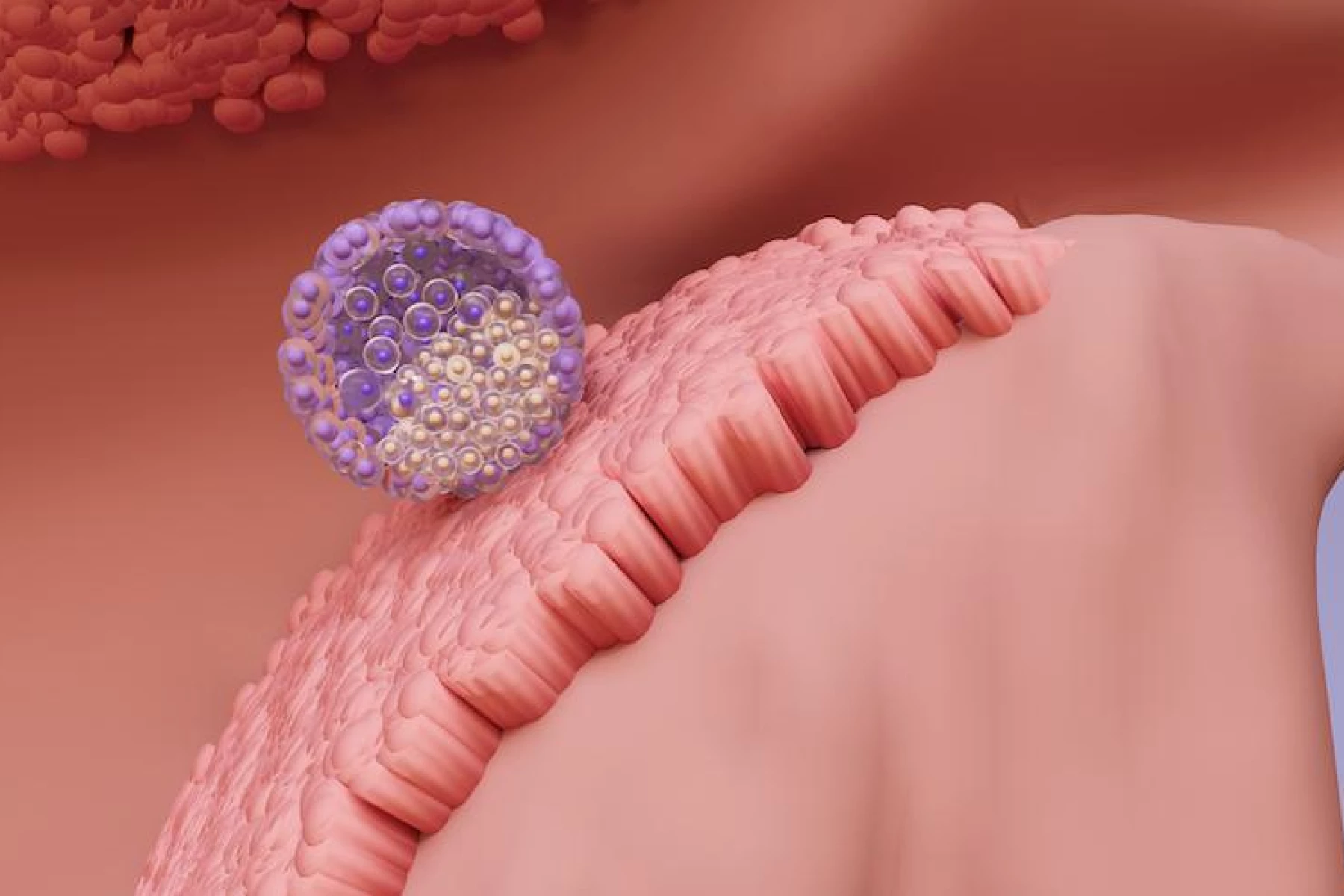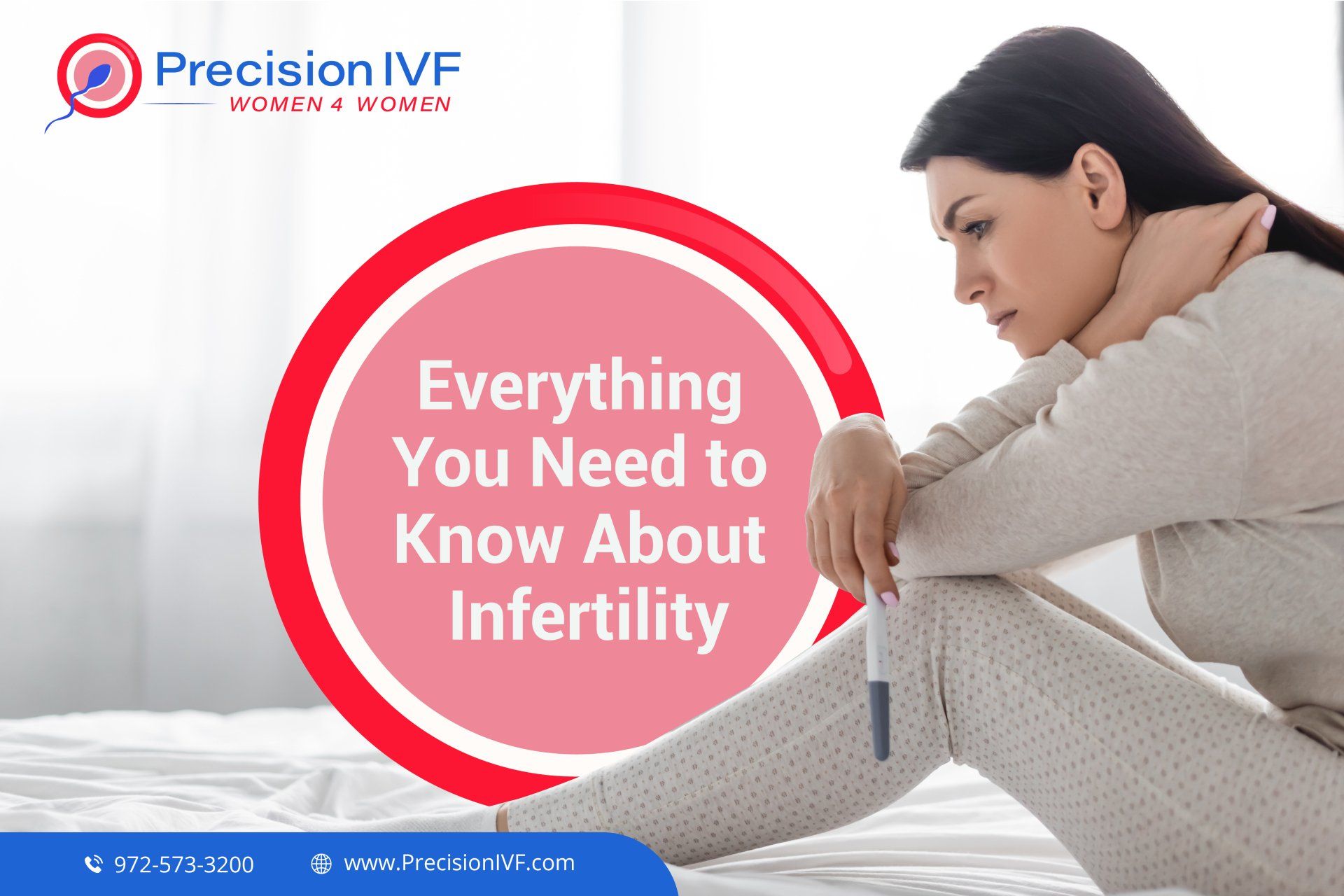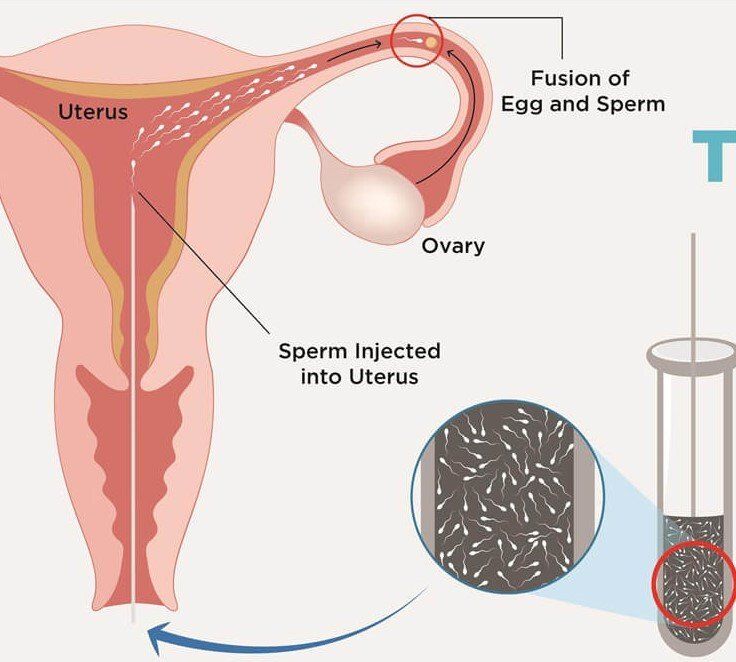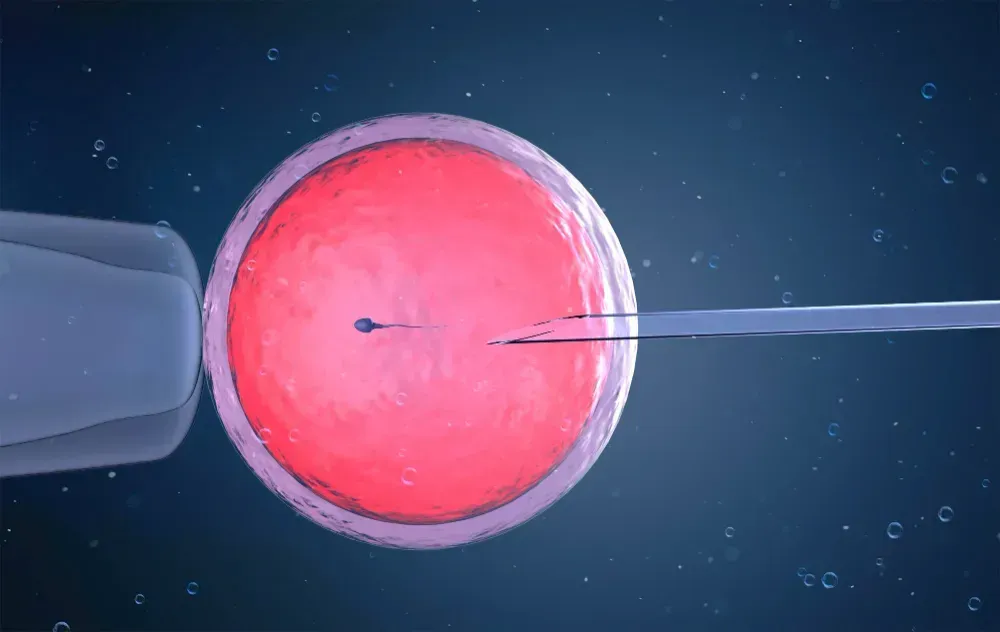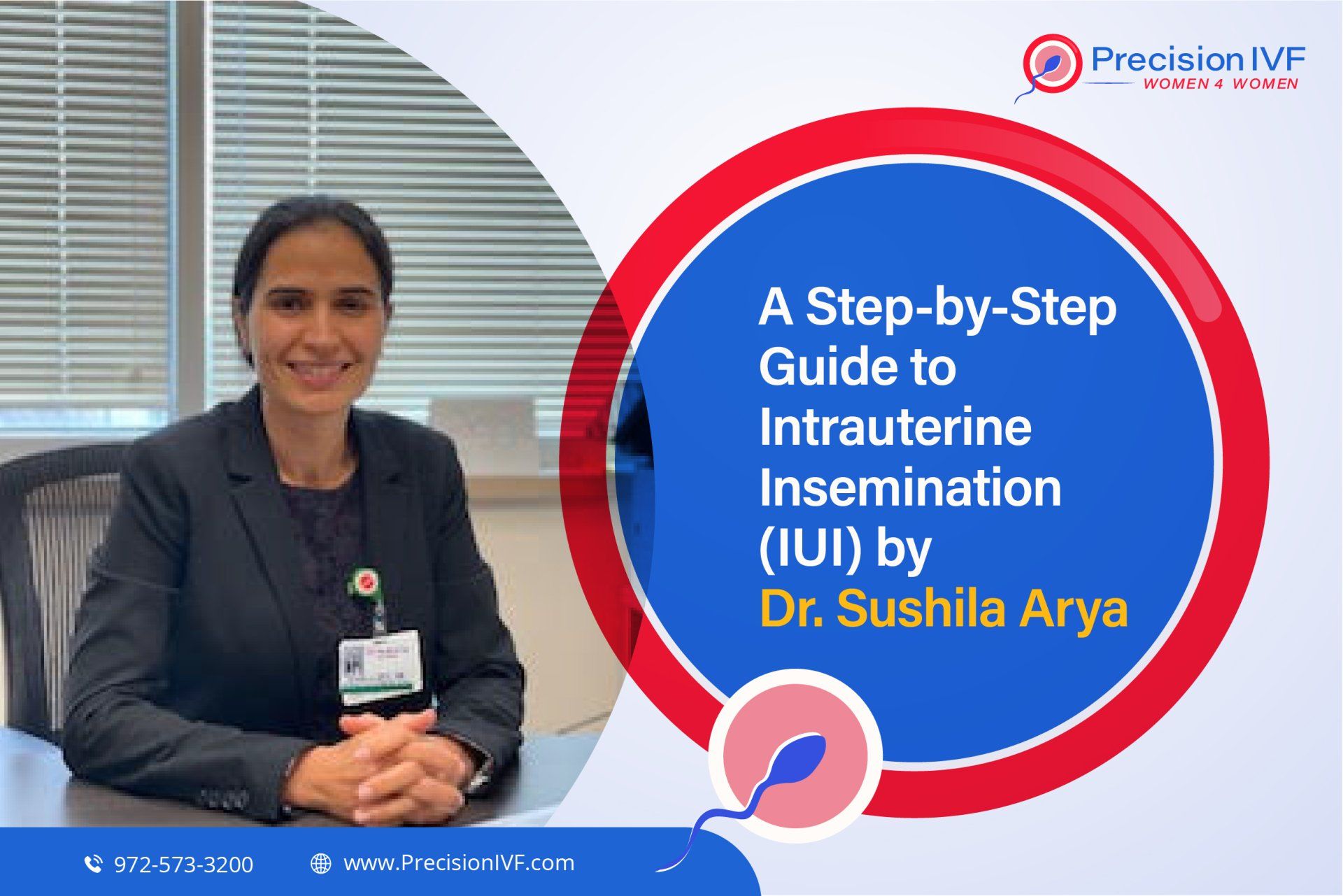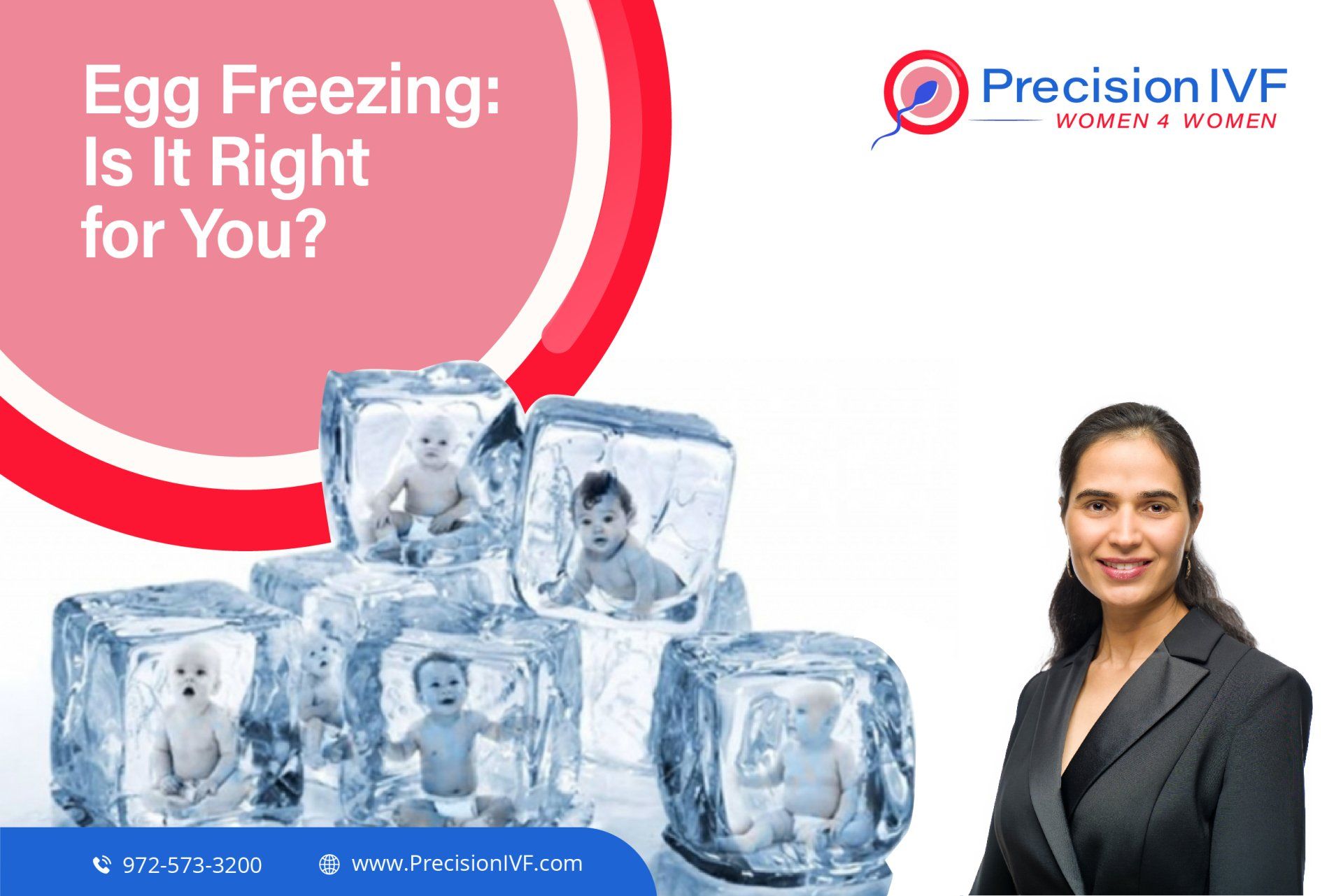Top 10 Medical Causes of Infertility in Women and Early Signs of Infertility

Bringing new life into the world is the best thing women can do, but unfortunately now millions of women are suffering from infertility across the globe. Infertility is a condition where a woman is unable to conceive even after a year of regular attempts without birth control or unprotected intercourse.
Many women often notice early signs of infertility, such as irregular periods or hormonal imbalances, before they learn about the actual medical causes. In this blog, we’ll uncover the top 10 medical causes of infertility in women and how these are often linked with early signs of infertility.
Early Signs of Infertility
The most common sign of infertility is difficulty in conceiving, but sometimes our bodies often give us hints, and understanding these early signs can help one get the right support and treatment sooner.
- Irregular menstrual cycles: If your menstrual cycle is irregular, for example, coming too early before 21 days or too late after 35 days, it might be a sign that ovulation is not happening as it should. Since ovulation problems are one of the most common signs of infertility, noticing these changes early helps you get the right help and support.
- Severe or Heavy Menstrual Cycles: Facing heavy pain or painful bleeding during menstruation could be a sign of an underlying condition such as endometriosis or uterine fibroids, which can affect fertility and need immediate medical attention.
- Absence of menstruation: If a woman misses a period for months without being pregnant or has not had periods at all, this can be caused by conditions such as polycystic ovary syndrome or hormonal imbalances.
- Hormonal fluctuations: Women experiencing unusual situations such as unexplained weight gain, abnormal hair growth, acne, and hair thinning could indicate hormonal problems, which are common infertility signs today.
- Pain during intercourse: Women who experience pain during intercourse could be associated with issues such as pelvic inflammatory disease (PID) or endometriosis, both of which affect fertility.
- Chronic pelvic pain: Chronic pelvic pain could be a sign of health problems that affect fertility, such as endometriosis, past surgery scars, or infections.
- Multiple miscarriages:
Repeated pregnancy loss can be one of the signs of infertility, often linked to genetic problems, anatomical issues, or conditions like autoimmune disorders.
What causes infertility in women
Knowing what causes infertility is important to find the right diagnosis and treatment. In women, infertility can happen for many reasons, from hormone problems to blockages in the reproductive system. Common causes include.
Ovulation disorders: One of the common causes and signs of infertility in women is problems with ovulation. Conditions like PCOS or hypothalamic dysfunction can lead to missed or irregular ovulation, making it difficult to get pregnant.
Age related infertility: When women get older, female fertility naturally declines. Women often see a decreased number and quality of eggs during their 30s and 40s, the older women get, the fewer chances they have for getting pregnant.
Primary Ovarian Insufficiency (POI): Primary Ovarian Insufficiency (POI), also called early menopause, happens when the ovaries stop working properly before age 40. Women with POI may have irregular periods and may not release eggs regularly, and in some cases, conditions like ovarian cysts can cause infertility as well.
Autoimmune Disorders: Autoimmune disorders in women could attack reproductive organs by mistake, further leading to fertility problems.
Lifestyle factors: Everyday habits or lifestyle, such as smoking, alcohol intake, obesity, and excessively drinking energy drinks, could cause infertility in females. As a result, keeping a healthy lifestyle is a necessity when it comes to conceiving.
When to see doctor
When to seek help for fertility issues often depends on your age and health; however, paying attention to the early signs of infertility can help you act as soon as possible.
- If you are under or close to 35, it's advisable to try for a year before seeking fertility support.
- If you are aged between 35 and 40, try for 6 months.
- If you are above 40 years old, it is better you discuss your concerns with your doctors for the right guidance.
Irrespective of your age, if you ever notice any symptoms of infertility, opting for testing or treatment right away is highly recommended.
FAQ's on Medical Causes of Infertility
1. What is infertility?
Infertility means facing difficulty in getting pregnant even after trying for a year. Infertility affects both women and men, and opting for medical support is highly advisable.
2. Can birth control cause infertility
Nope, birth control had nothing to do with infertility. Most of the women conceive soon after stopping it.
3. Does insurance cover infertility treatment?
Insurance coverage for infertility treatment depends on the type of specific plan one has opted for. As a result, it is advisable to directly check with your insurance provider for better understanding.
4. Can infertile woman get pregnant?
Yes, infertile women get pregnant, and it happens with many women that are diagnosed as infertile. The fact is that infertility makes conceiving more challenging; it does not mean it's impossible to get pregnant.
5. How much does infertility treatment cost?
Infertility treatment costs usually vary depending upon location, insurance coverage and procedure. However, in the US some states necessitate insurance coverage, but costs remain high for many.
